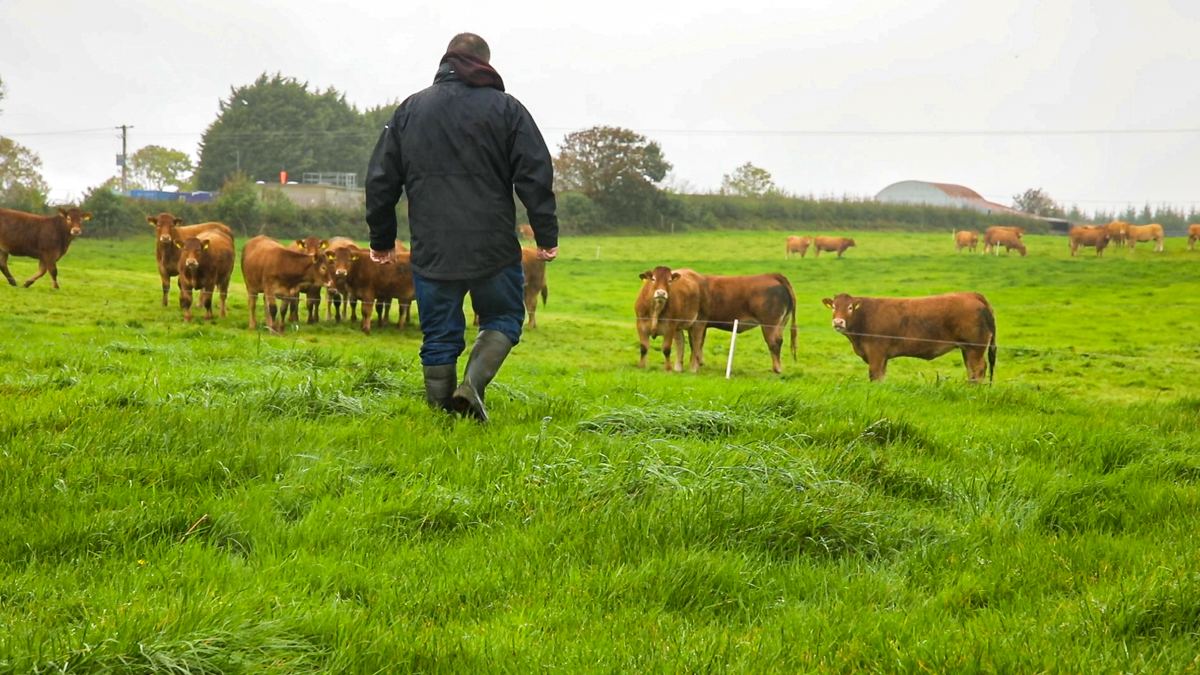The Irish Natura and Hill Farmers’ Association (INHFA) has called for a Universal Basic Income for farmers in Budget 2022.
In its pre-budget submission, the farmer organisation is proposing that the government introduce, on a trial basis, 500 spaces for a universal basic income for farmers currently on Farm Assist.
The INHFA proposes that a qualifying adult should receive €200/week and €100/week for dependent children.
This would be based on the recipient continuing to farm while receiving the payment, the association said.
Apart from that, the INHFA is also seeking changes to the Farm Assist Programme to improve its roll-out and accessibility, including a reduction in the amount of income assessed in the means test.
In terms of specific farm supports, the association highlights once again the promotion of suckler beef.
The submission calls for the €6 million commitment for the promotion of suckler beef (agreed in the Beef Market Taskforce) to be increased to €12 million over three years (€4 million per year).
In terms of actual payments to suckler farmers, the INHFA calls for an increase in the budget for the Beef Environmental Efficiency Programme – Sucklers (BEEP-S) scheme to €100 million.
The current programme also needs to be reviewed to increase the emphasis on animal welfare, according to the organisation.
For sheep farmers, the INHFA is looking for a continuation of a welfare scheme for sheep, with an increased budget of €36 million per year, paying up to €20/ewe.
The submission also calls for additional animal welfare options, including a replacement ewe lamb measure.
The INHFA also wants advance payments of 80% from the welfare scheme to be made by April 15, each year, and for cost of electronic identification (EID) tagging to be covered.
On the Areas of Natural Constraints (ANC) scheme, the organisation wants to see the budget increased to €275 million and an increase in the rate per hectare; and the rate of eligible hectares from 34 to 40.
On the Targeted Agricultural Modernisation Scheme (TAMS), the INHFA seeks the inclusion of the following measures:
- Reroofing and strengthening of existing roofs and walls on older sheds and farm buildings to help in extreme weather conditions;
- Grant aid extended to drones to assist farmers with hill flocks;
- A provision to cover the full cost of sheep fencing and the requirement for farmers with Natura land or those on a shoreline to secure planning permission.
Other farm support measures sought by the INHFA include:
- An additional €1 million annually provided to Bord Bia for the development of light lamb markets;
- €3 million for the research and development of market options for wool (this funding should be provided to a third-level institution and key stakeholders in the sector);
- A one-year scheme for farmers not currently in any agri-environment scheme with a budget of between €50 million and €100 million (the INHFA cites the National Carbon Fund as an “obvious source” for this funding);
- A budget of €8 million to encourage participation in a voluntary farm safety training module. Farmers would receive a €100 payment for attending and this would not be eligible for tax;
- The Afforestation Scheme funds should only be available to genuine farmers that have owned and farmed the land for at least five years; and the requirement to replant, following felling, should be removed immediately for carbon-rich soils and wetlands;
- Increasing the number of years that agroforestry payments are made from five to 20, with payment rates of €645 (or €660 if over 10ha) made on the first five years and a reduced rate of €260/ha made for the next 15 years;
- An available annual budget of €120 million to pay farmers/landowners a rate of €150/ha for every hectare of Special Areas of Conservation (SAC), Special Protected Areas (SPA) and Natural Heritage Areas (NHA) land;
- A commitment of a further €214 million per year (if required) for the next seven years to cover the overdue payments on these lands. This is based on an estimated total debt by the state of €1.5 billion.
